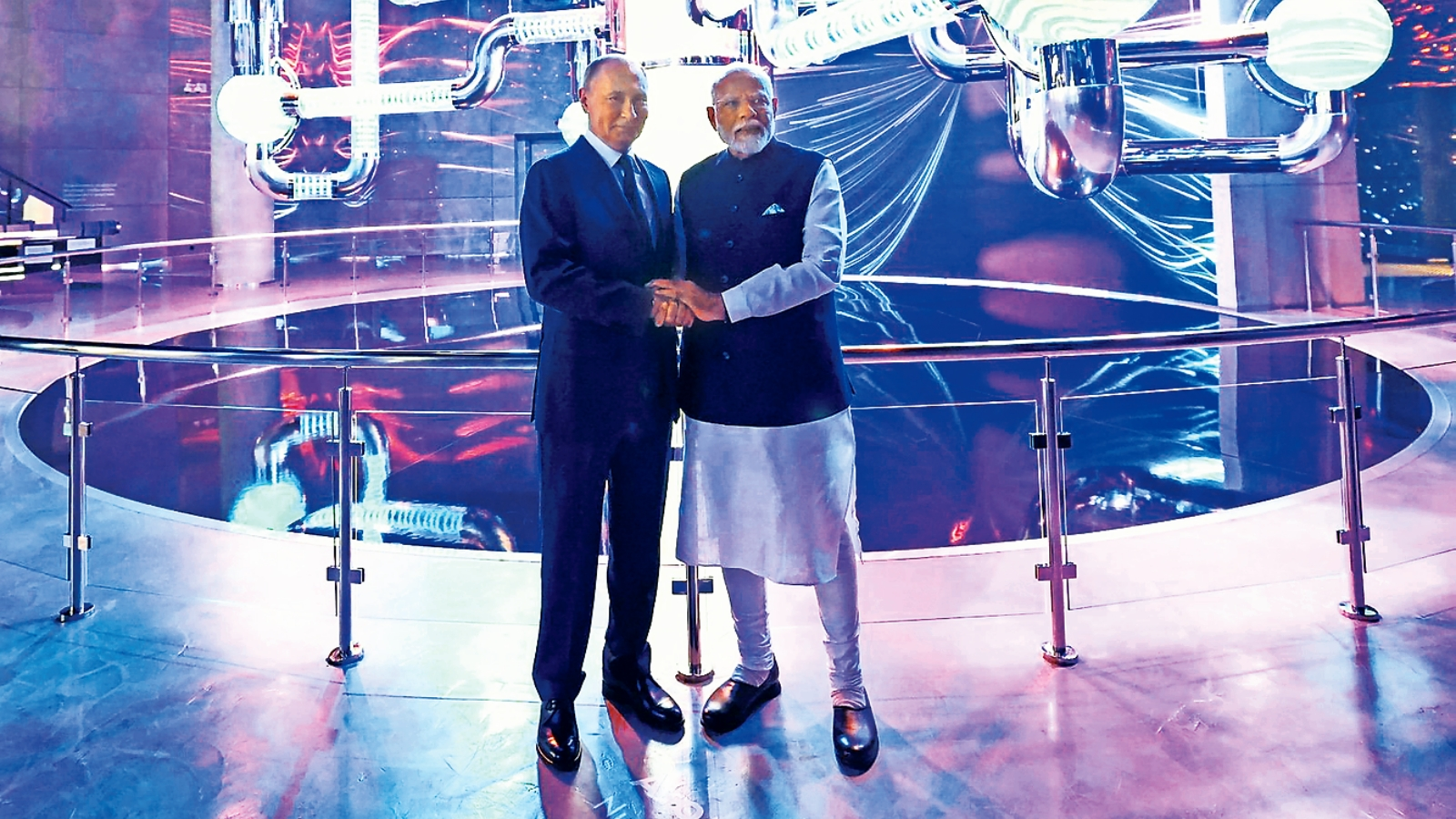- Thread Starter Thread Starter
- #2,521
This is a very misleading hypothetical. First off the "scientific method" can't be used to set a dud rate. Because the decision of acceptable casualties caused by duds is not a question of science to begin with. Science deals with questions of fact, and testable ones at that. If in the general council they find the casualties caused by a dud rate of 5% unacceptable and set it at 0.5% then that isn't a violation of the scientific method. And just because a group of experts say 5% is good enough certainly doesn't make the 5% number inherently "scientific". And by the way who are these experts? Would they happen to be a number of ranking ex-military personnel connected primarily to first world countries? Which side has unofficial ties and connections to this body of theoretically independent experts? Who even decided that this group of experts gets to set the dud rate?Yes but I don't believe "might makes right" is dominant in the west. International treaties are typically western initiatives. And every western armed force essentially invests enormous resources into fighting in a way that isn't ultra genocidal. But these treaties are usually created under the framework of the UN, and that's where the issue of political activism comes in, to the point where it seriously undermines these treaties.
Let's say that entirely hypothetically the west initiates an anti-cluster munitions treaty. The idea is they decide to limit themselves, and don't delude themselves thinking authoritarian regimes would comply. A group of experts sets the dud rate at 5% and establishes that anything below that is safe to use and UXO can be easily removed.
Then in a vote by a general council including all nations, the authoritarian regimes band together to change that to 0.5%. Now it no longer follows the scientific method, and western nations are crippled in some forms of combat capabilities.
Scientific method | Definition, Steps, & Application | Britannica
Scientific method, mathematical and experimental technique employed in the sciences. More specifically, it is the technique used in the construction and testing of a scientific hypothesis. The scientific method is applied broadly across the sciences.
In the real example of the cluster munitions ban treaty the western countries for the most part don't want a 5% dud rate or any dud rate. They want the munitions banned. It's the authoritarians like Russia and China (plus of course America who's in distinguished company here) that don't want any restrictions on their use of cluster munitions. I understand that Israel may want to use cluster munitions with a dud rate they consider reasonable, but forgive me, who cares what Israel considers reasonable? If we're talking about a standard for everyone to follow, it's a standard that's first off going to be inherently political in nature. No cluster munition will ever have 0 collateral damage. So the question becomes, what level of collateral damage is acceptable? Many developed countries have decided that the very nature of cluster munitions means they are not acceptable regardless of dud rate. A number of authoritarian nations and a few presumptively non-authoritarian ones have disagreed. None of this has anything to do with the question of the ICC. Again this is a voluntary treaty where some countries have voluntarily sacrificed their sovereign authority to use cluster munitions, and others have not. The question of submitting to ICC authority goes to the heart of consistent application and willingness to sacrifice some state sovereignty in exchange for the adoption of standards on an international level.






